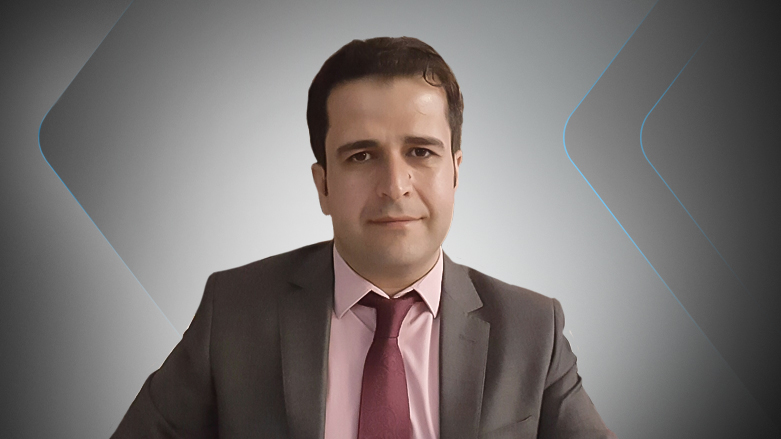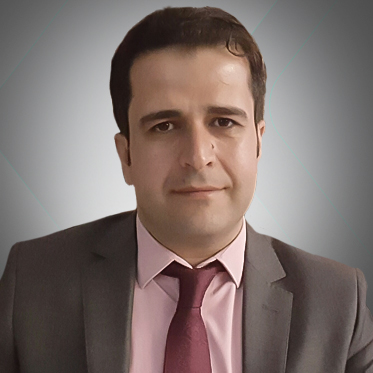Failed military coup only tip of the Iceberg

The dramatic failed military coup that sent shockwaves across Turkey and the world may have quickly subsided, but the aftermath of the events will be felt for much longer.
Whether it was just a faction of the military or not, it was no small matter. The coup forces ranged from low-ranking soldiers to senior officers demonstrating the broad nature of the move. Furthermore, it was not a handful of troops, but several hundred who were able to deploy tanks and helicopters with confidence and clear planning.
Turkish President Recep Tayyip Erdogan emerged triumphant by early Saturday morning but was clearly shocked by the events rapidly unfolded, notably as the government was unable to comprehend the size and support of the coup.
A president addressing the nation via Skype on his mobile phone speaks volumes.
Helicopters and fighter jets roaring above the sky, sounds of heavy gunfire and explosions and tanks rumbling through the streets of Istanbul and Ankara hardly paint a picture of an isolated incident.
However, the tide of the coup clearly turned as thousands of Erdogan supporters heeded his call and took to the streets.
The mass of supporters confronted the rebel soldiers and surrounded tanks. At the time of reporting, the government stated that it had killed 104 coup plotters and over 2800 arrested, while more than 90 people had died and over 1100 were injured.
Though, it could have been a much worse bloodbath. Popular support against the rebel soldiers helped to take the steam out of the coup attempt, and any heavy-handed retaliation against the supporters would have quickly turned into a much wider scale of violence.
But the crisis is far from over, and the post-mortem is likely to be painful and protracted. Erdogan was quick to blame the “parallel structure” in clear reference to influential exiled cleric Fethullah Gulen who denied any involvement. However, regardless of who takes the rap for the coup, the dramatic events show the highly polarised nature of Turkish politics.
Erdogan may have strong support, but he equally has many foes. There is a battle of ideology, identity, and nationalism; a deepening divide between Islamists and secularists, reformists and conservatists—not to forget, the great divide between Kurds and Turks as the PKK and government continue to wage war.
A highly paranoid Erdogan has been swift to consolidate power and banish opposition voices. It appears now that the failed coup justifies to Erdogan his instincts based on distrust and a sense of anxiety.
This means that Erdogan now holds even more ammunition to continue with policies against Gulen, dissident voices and those who he deems as terrorists. As Erdogan dramatically arrived in Istanbul on the morning of the coup, he decried that "What is being perpetrated is a treason and a rebellion. They will pay a heavy price."
The number of arrests in Turkey quickly accelerated and is likely to yield thousands more in the coming days.
The fact that Erdogan urged his followers to remain on streets and in public places in case of a second coup, demonstrates the fragile nature of the state. Erdogan and the AKP clearly realise that the coup attempt goes much deeper than those soldiers and generals involved.
The post-mortem will be harsh and messy and may only lead to a wider polarisation of opposing camps. Erdogan called the failed coup a divine gift so that certain conspiring forces can be weeded out. And ironically, the coup strengthens Erdogan’s hand rather than weakening his grip, allowing him to move more confidently towards the powerful presidential system he craves.
The coup against a democratically elected government, whatever the scale of the country’s polarisation, was always going to be denounced by European and global powers.
The West has always looked at Turkey as a model of democracy in an unstable region, but Turkey is much of a powder keg as any.
The polarisation of Turkey into many camps naturally weakens the fight against the Islamic State (IS) or attempts to ferment regional stability.
Many of the battles between the Islamic, secularists, nationalists and reformists span many decades and has never really subsided but only contained. One of these old battles is, of course, the Kurdish issue. For decades, Ankara has been cutting the branches and not dealing with the root of the problems that has led to vicious cycles of war.
Hundreds of innocent people have been killed in southeast Turkey in recent months, but it has received little coverage compared to the events western Turkey. It has become a norm to accept bloodshed in Kurdish parts of Turkey and accept them as by-products of terrorism and not as one of the many imbalances in the setup or health of the state.
Bashdar Pusho Ismaeel is a London-based freelance writer and analyst, whose primary focus and expertise is on the Kurds, Iraq and Middle Eastern current affairs.
The views expressed in this article are those of the author and do not necessarily reflect the position of Kurdistan24.
Editing by Delovan Barwari
